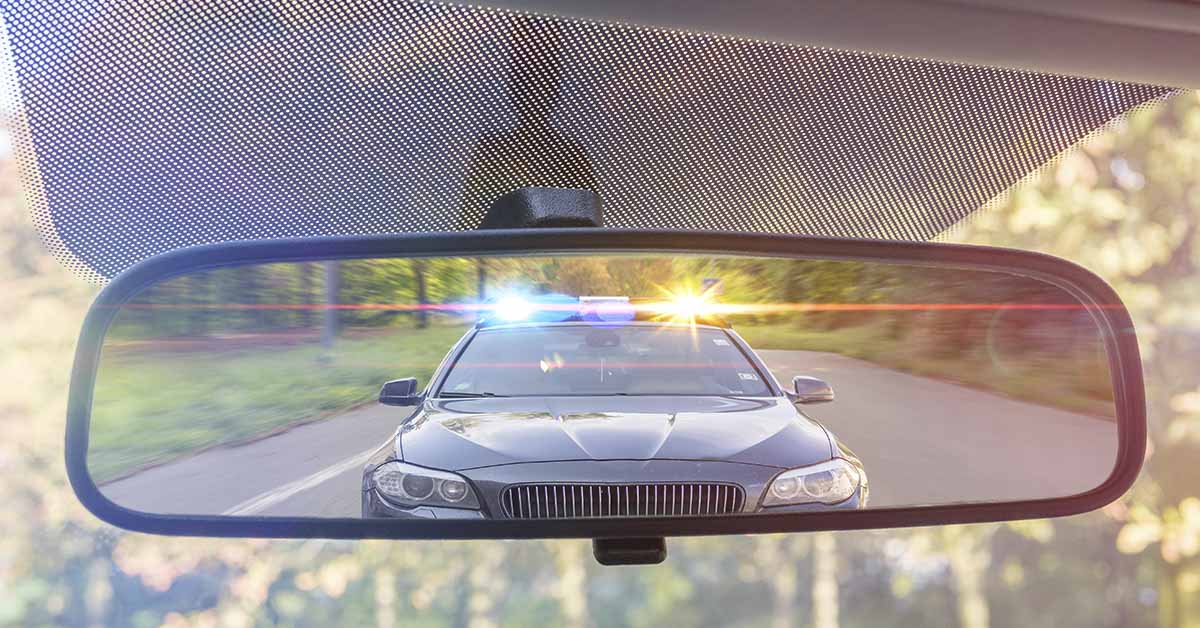When police pull you over, it’s natural to feel nervous. The flashing lights, the sudden stop, and the uncertainty can make anyone uneasy. Your heart might race, and you might not be sure what to say. But here’s the truth: just because an officer asks a question doesn’t mean you’re legally required to answer it. You do have rights, and knowing them can help you feel more in control. Understanding what you are and aren’t obligated to share during a traffic stop can prevent misunderstandings and protect you from accidentally saying something that could be used against you. Many people don’t realize how much they can politely decline to say. Staying calm and informed makes the whole experience less stressful. In this article, we’ll explore 15 questions you don’t have to answer during a traffic stop, helping you stay aware, safe, and protected.
1. “Do You Know Why I Pulled You Over?”
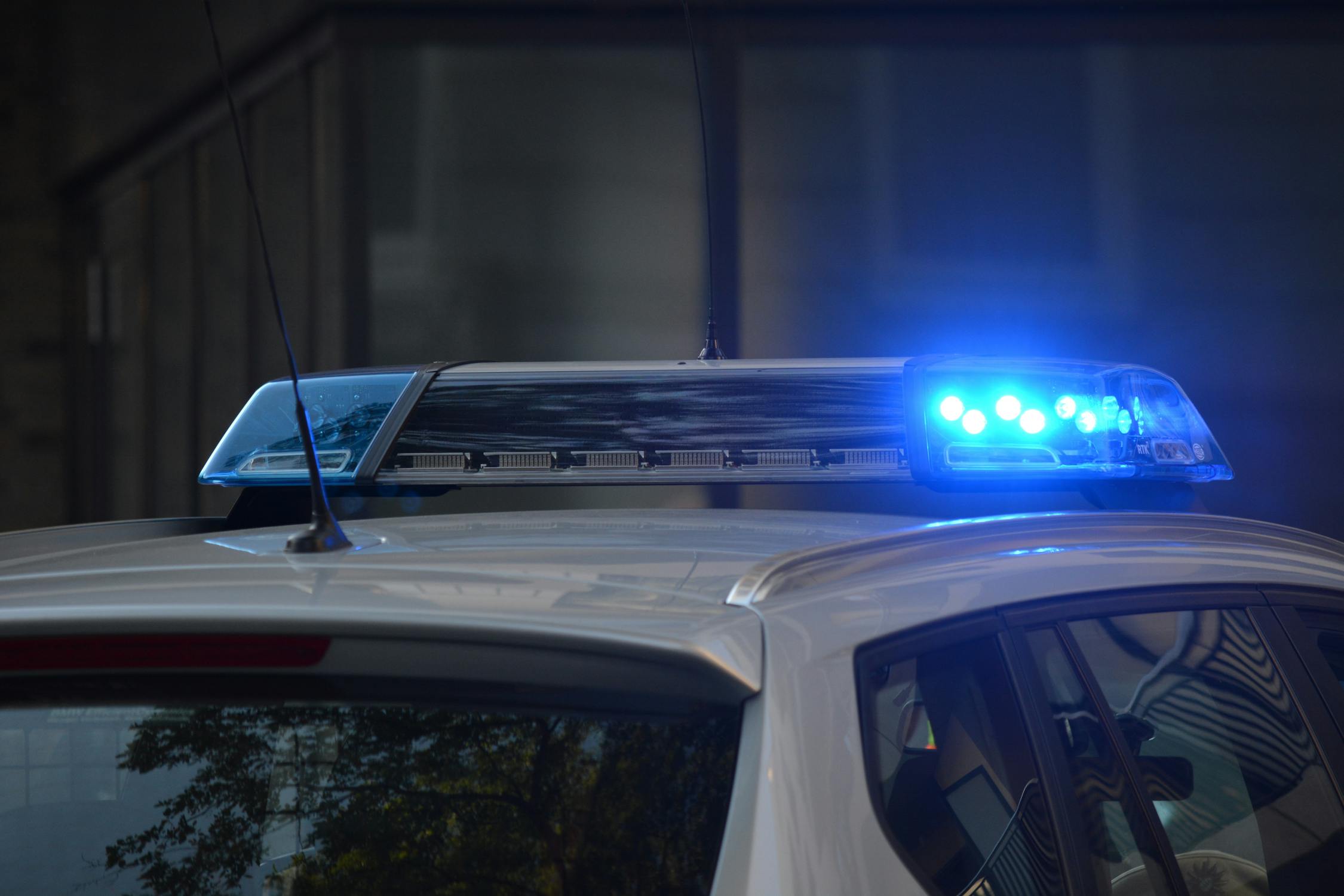
This question is often used to get you to admit to a violation. While it might seem harmless, admitting fault can be used against you later. You’re not legally required to answer this question. A polite response like, “I’m not sure, officer,” is sufficient. This allows the officer to explain the reason without you incriminating yourself. Remember, anything you say can be used in court. Staying neutral helps protect your rights. It’s always best to listen and respond respectfully without offering unnecessary information. Keeping your answers brief and non-committal can prevent complications. Your main goal is to get through the stop safely and without incident.
2. “Where Are You Coming From?”

This question might seem casual, but it’s another way to gather information. You’re not obligated to share your whereabouts. A simple, “I’m not comfortable answering that,” is acceptable. Providing details can lead to further questioning. It’s best to keep your responses minimal. Remember, you’re only required to provide your license, registration, and proof of insurance. Beyond that, you have the right to remain silent. Staying calm and respectful helps keep the situation under control. Avoiding unnecessary details protects your privacy. Always be aware of your rights during these interactions.
3. “Where Are You Going?”

Similar to the previous question, this one seeks more personal information. You’re not required to disclose your destination. A polite, “I’d prefer not to say,” is sufficient. Sharing your plans isn’t necessary and can lead to more probing questions. Keeping your answers short and respectful is key. Remember, the officer’s primary concern should be the reason for the stop. Diverting into unrelated topics isn’t helpful. Maintaining your privacy is within your rights. Always stay calm and composed during the interaction. Your focus should be on resolving the stop efficiently.
4. “Have You Been Drinking?”
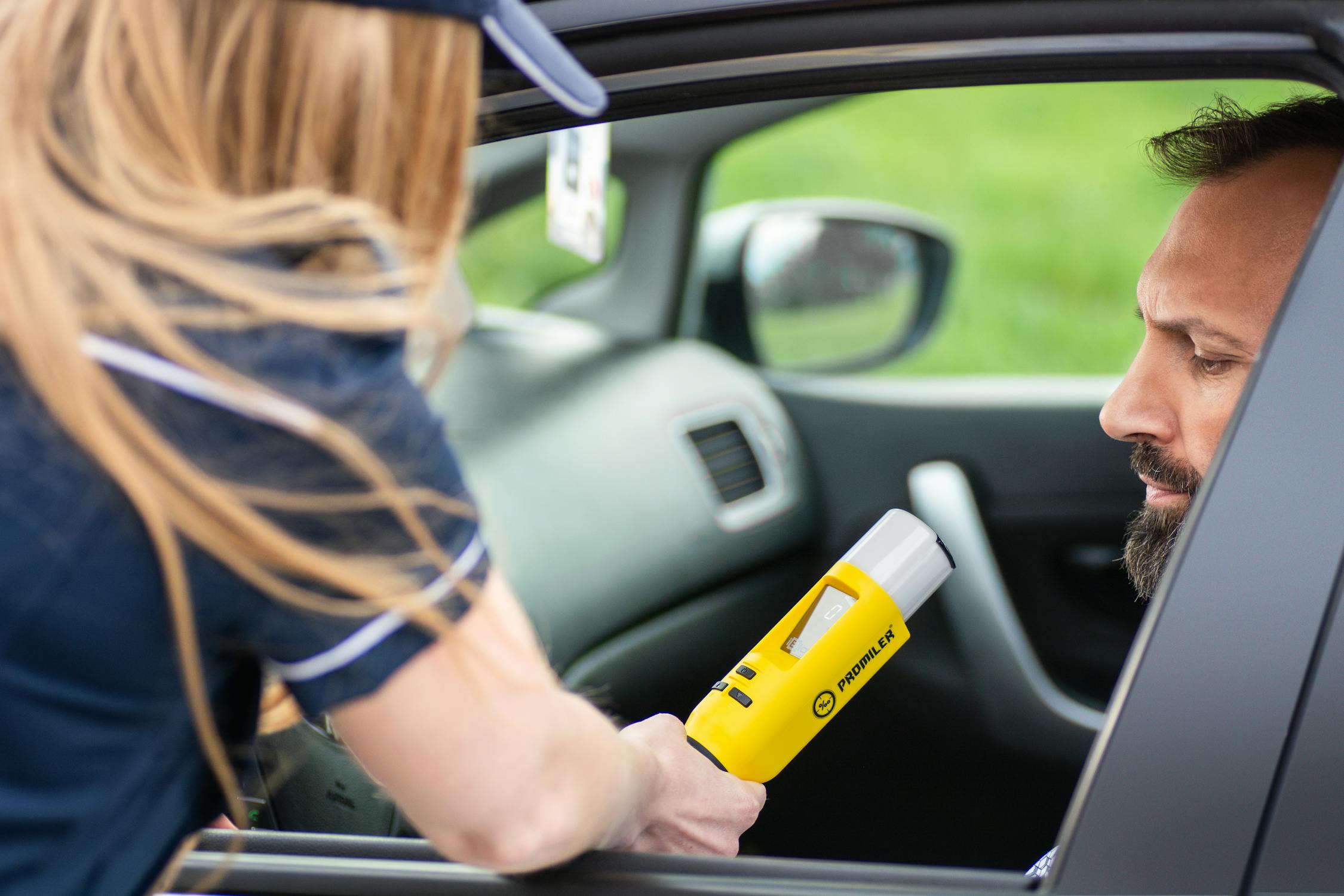
This is a critical question that can have serious implications. Admitting to drinking can lead to further testing or charges. You’re not obligated to answer this question. A respectful, “I choose not to answer,” is appropriate. Remember, you have the right to remain silent. Providing information can be self-incriminating. It’s important to be aware of your rights in these situations. Staying silent doesn’t imply guilt; it’s a legal protection. If the officer doesn’t have a good reason to believe you’re impaired, you usually don’t have to agree to a breathalyzer test.
Most states have “implied consent” laws, which means that by driving, you agree to take a breathalyzer or other tests if an officer has a strong reason to think you’re under the influence. But if the officer doesn’t have that reason or hasn’t arrested you, you don’t have to say yes. Keep in mind, if you are arrested for driving under the influence and refuse the test, you could face penalties like losing your license. So, it’s important to know that you don’t have to take the test unless the officer has a good reason or you’ve been arrested.
5. “Can I Search Your Vehicle?”

You have the right to refuse a vehicle search. Unless the officer has probable cause, they need your consent. Politely saying, “I do not consent to a search,” is within your rights. Refusing a search doesn’t imply guilt. It’s a legal protection afforded to you. Always remain calm and respectful when asserting your rights. If the officer proceeds without consent, do not resist. Instead, note the details and address it legally later. Your focus should be on staying safe and composed. Understanding your rights helps you navigate these situations confidently.
6. “Can You Step Out and Talk to Me Without Recording?”

Sometimes an officer may ask you to step out of the car and talk away from your phone or dashcam. They might say it’s for privacy or to keep things calm. However, you are not required to stop recording if you’re in a public space and not interfering with the stop. In most states, you have the legal right to record police during public encounters. Asking you to turn off a camera or leave it behind can raise red flags. If you’re unsure about local laws, it’s okay to say, “I’d like to continue recording for my safety.” Stay polite and non-confrontational. Keeping a record of the stop can protect both you and the officer. As long as you’re not being disruptive, recording should not be an issue during a traffic stop.
7. “Who Is This Person With You?”
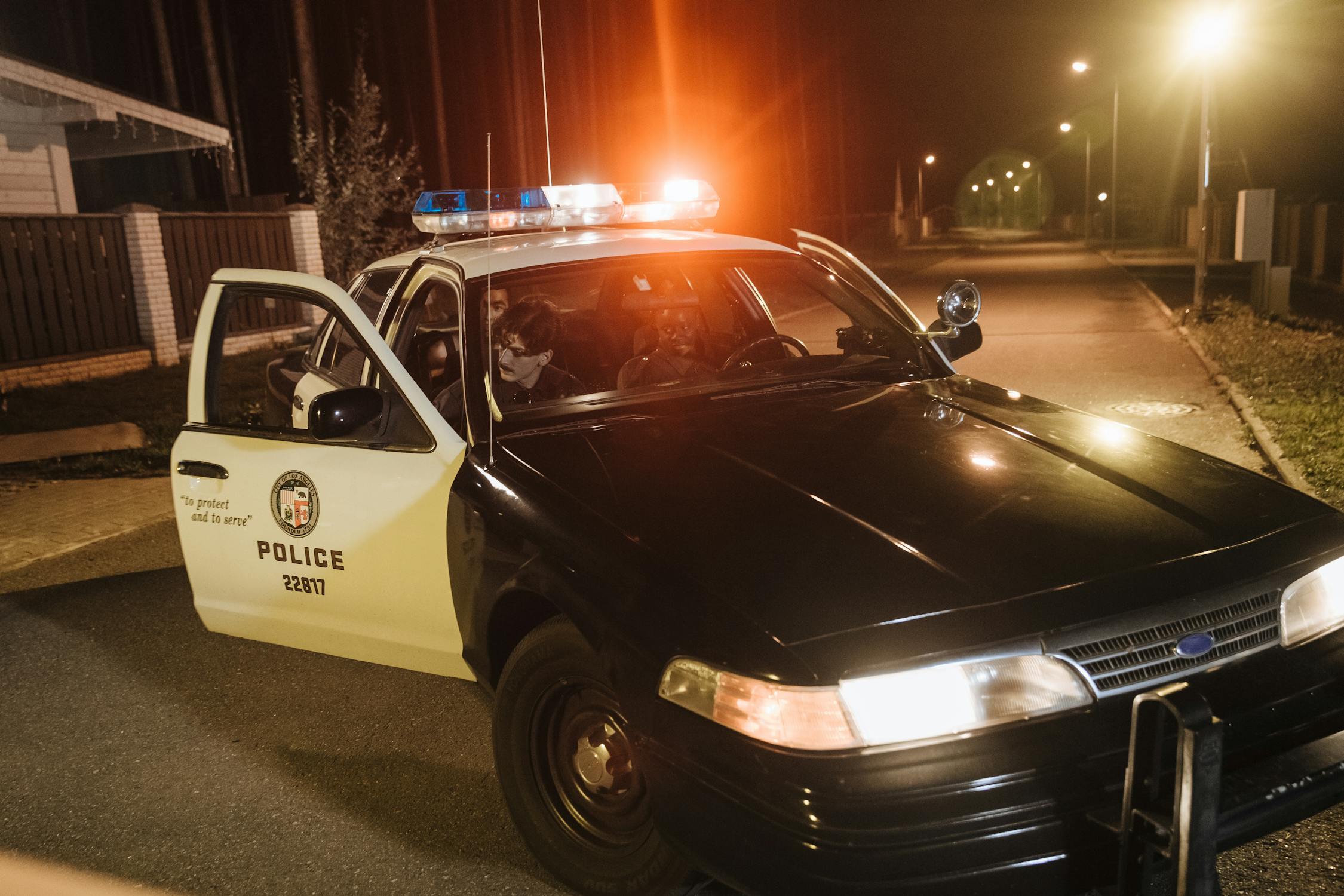
You’re not obligated to disclose information about your passengers. They have their own rights and privacy. A simple, “I’m not comfortable sharing that,” is sufficient. Providing details can lead to unnecessary complications. It’s important to respect your passengers’ privacy. Always remain calm and respectful in your responses. If the officer has concerns, they can address them directly with the passenger. Your focus should be on handling your own interaction appropriately. Understanding everyone’s rights helps maintain a smooth encounter. Staying composed ensures the stop doesn’t escalate unnecessarily.
8. “What Are You Doing in This Neighborhood?”
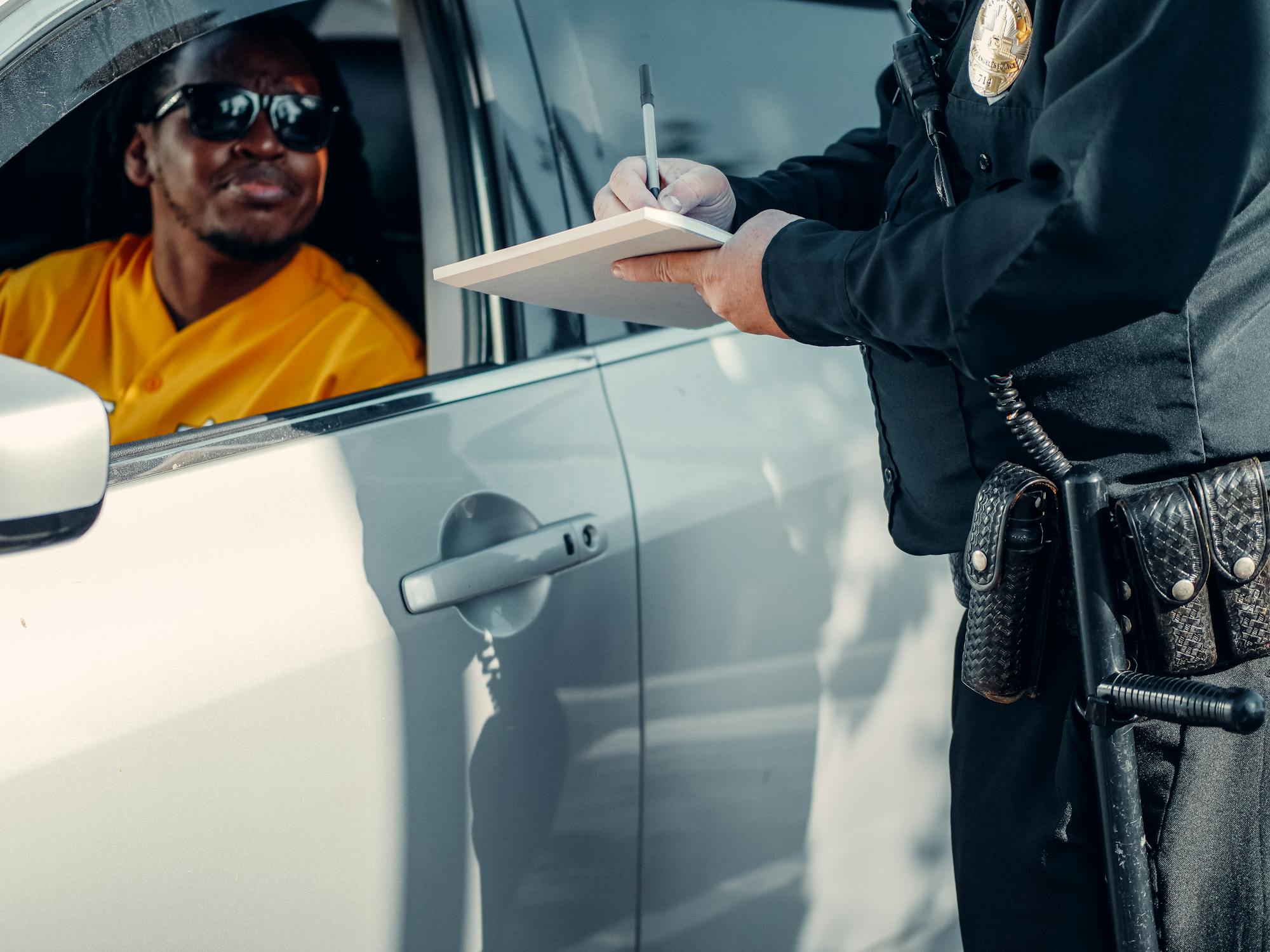
When an officer asks what you’re doing in a particular neighborhood, it can feel personal or even discriminatory. You don’t have to explain why you’re in a certain place, especially if you’re not doing anything wrong. The Constitution protects your right to travel freely and peacefully. You can respond politely with something like, “I don’t wish to answer that.” Staying calm and respectful helps avoid unnecessary tension. This question isn’t about your driving, it shifts the focus to your personal life. Officers may ask it to fish for more details, but you aren’t required to share your business. Keep your response short and steady. You have every right to be wherever you’re legally allowed to be. Just because someone questions your presence doesn’t mean you owe them an explanation.
Read More: The ‘Simple’ Weekly Habit That Can Slow Brain Aging and Reduce Dementia Risk
9. “Why Were You Driving So Fast?”

Officers often ask this to get you to admit guilt on the spot. If you say, “I guess I was speeding,” they can use that against you later. Instead of guessing or apologizing, stay neutral. You can say, “I’d prefer not to answer that.” This keeps the focus on facts rather than your personal explanation. Even if you think you were going a little over the limit, you don’t have to confirm it. Let the officer explain why they pulled you over. From there, you can respond with your documents and stay respectful. The more you talk, the more likely you are to say something that could be misinterpreted. Keeping it simple and calm is your best move in this situation.
10. “Can You Come Sit in My Patrol Car?”

This request might catch you off guard. It’s not a command unless the officer clearly states it’s required. In most cases, you don’t have to leave your vehicle unless the officer gives a lawful order. If they simply ask, you can say, “I’d rather stay in my car, thank you.” Staying in your own vehicle keeps you in a safer, more visible position. Moving to the patrol car can create confusion or discomfort, especially if you’re unsure of the reason. Always ask if it’s necessary before agreeing. If it’s just a request, you can decline politely. Staying calm and respectful helps things move along without escalating. Knowing your boundaries helps you stay in control of the situation.
11. “Why Are You So Nervous?”

It’s completely normal to feel nervous during a traffic stop. Police know this, but they might still ask the question to see how you react. They may hope you’ll say something revealing or inconsistent. You don’t have to explain your feelings. A calm reply like, “I’m just nervous about being pulled over,” is enough. You can also choose not to respond at all. The law doesn’t require you to discuss your emotions during a stop. Instead of over-explaining, focus on providing your documents and staying polite. Letting the officer know you’re aware of your rights can ease your stress too. You have nothing to prove about your emotional state.
12. “Do You Know Your Passenger Has a Warrant?”

If an officer mentions that your passenger may have a warrant, that doesn’t mean you’re responsible for their legal issues. You don’t have to answer questions about anyone else in your car. Your job is to stay focused on your part of the stop. If the officer has concerns about your passenger, they’ll speak directly to them. You can respond with something like, “I’m not sure, officer,” or choose to remain silent. Avoid making assumptions or sharing information you don’t know. Protecting your passenger’s privacy is important too. Everyone in the car has their own rights. You’re not expected to explain their situation, and doing so could only complicate things for everyone.
13. “Are You a U.S. Citizen?”
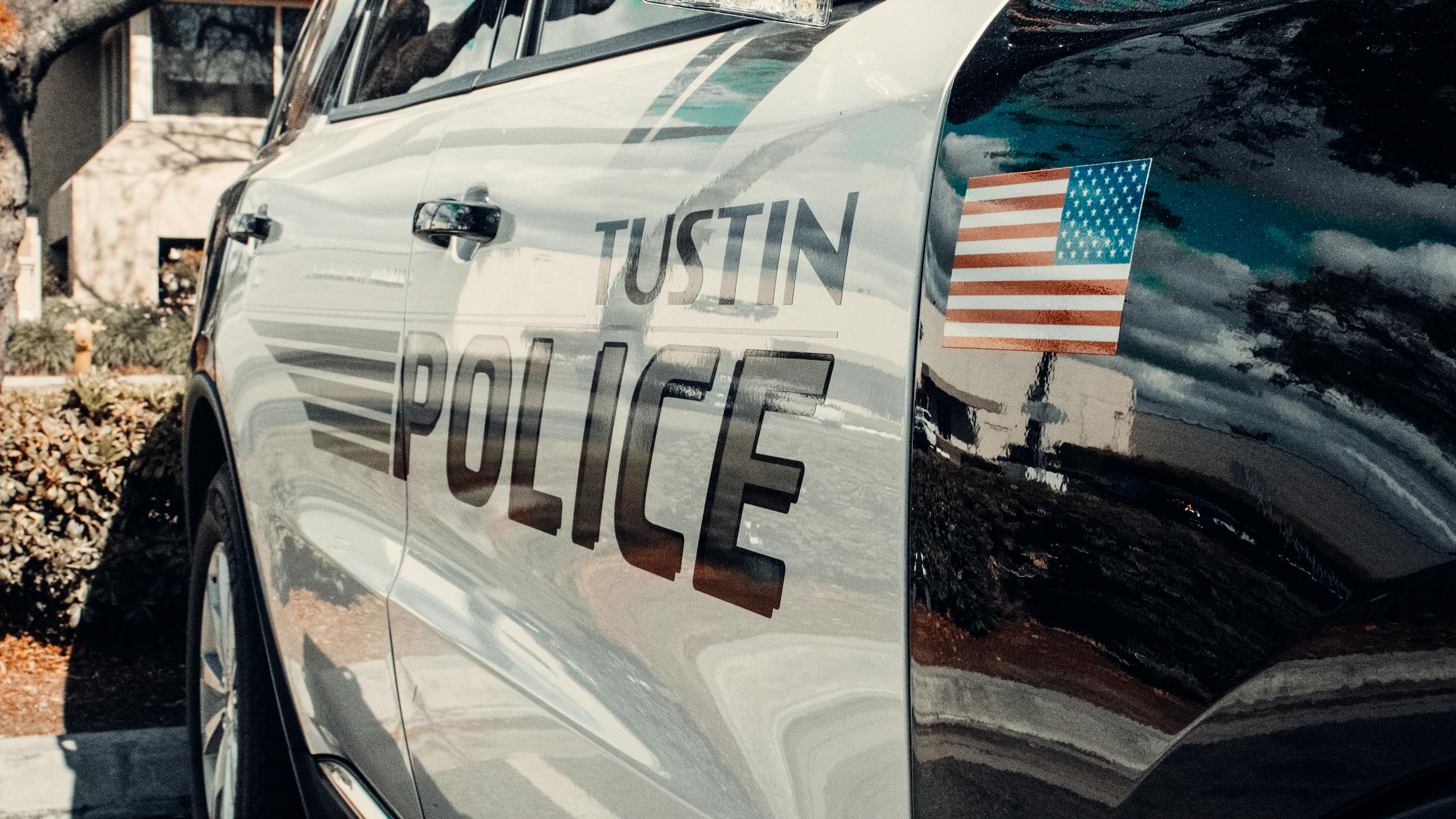
This question can come as a surprise during a traffic stop. Unless immigration status directly relates to the stop, you usually don’t have to answer. In many states, police don’t have the authority to question your citizenship without a specific reason. If you feel uncomfortable, you can respond with, “I don’t wish to answer that.” It’s completely legal to remain silent if the question doesn’t relate to the reason for the stop. You should only provide documents required by law, like your license and registration. Avoid sharing extra details that don’t apply. Stay respectful, but protect your privacy. Your rights don’t disappear just because you’re on the side of the road.
14. “Can I See What’s on Your Phone?”

If an officer asks to look through your phone, you’re not required to hand it over. Your phone holds private messages, photos, and personal information. The Fourth Amendment protects you from searches without a warrant. Unless the officer has one, you can politely say, “I don’t consent to that.” Even if you feel pressured, don’t unlock it just to avoid conflict. Calmly standing your ground is within your rights. Police need legal grounds to access your digital life. Giving permission opens the door to a much deeper look than you might expect. Keep your phone locked and secure, and don’t hand it over unless you absolutely have to.
15. “Do You Live Around Here?”

This question can sound casual, but it’s not required for you to answer. You don’t have to reveal your address or where you’re staying, especially if it’s not related to the stop. Officers sometimes ask this to gather extra information, not because it’s necessary. A simple, polite response like, “I’d rather not share that,” is enough. Giving out personal location details can feel intrusive, especially if you’re just passing through. You’re not doing anything wrong by keeping that information private. The law doesn’t say you have to discuss your living situation during a traffic stop. If you’re calm and respectful, most officers won’t push further. Know that you’re allowed to set boundaries in the conversation.
Conclusion

No one enjoys getting pulled over, and it’s easy to feel caught off guard in the moment. But knowing what you don’t have to answer can give you a real sense of control. Most of the time, you’re only required to show your driver’s license, registration, and proof of insurance. Everything else depends on the situation and your comfort level. You’re not obligated to explain where you’re going, who you’re with, or what’s on your phone. If a question feels too personal or unrelated to the stop, it’s okay to hold back. Use calm language, stay clear, and focus on staying steady throughout the interaction. You don’t have to be chatty or defensive, just stay grounded. The more prepared you are, the easier it is to protect your rights and move on safely.
Disclaimer: Laws about what you must answer during a traffic stop can vary depending on your state or local jurisdiction. This article provides general information but does not replace professional legal advice. If you have specific questions or concerns, consider consulting a qualified attorney familiar with the laws in your area. Always stay calm and respectful during police encounters, and know your rights as best as you can.
Read More: New Bronze Statue of Woman Installed in the Heart of Times Square
